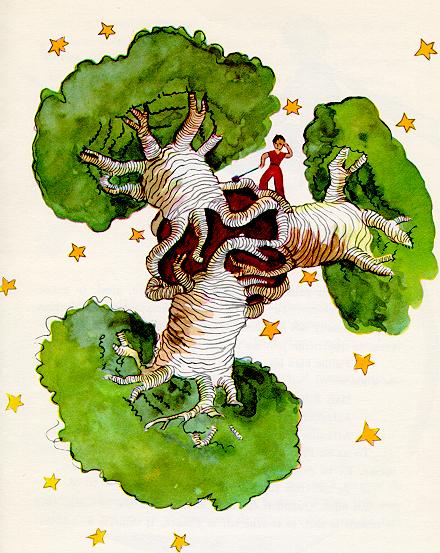Hi folks. I am a CS major taking a 3rd year course in relational databases. The example DBs we study are pretty much all either a school or a company. On the bright side we get to do a project of our own design with C++ and Oracle DB. Has to be some kind of program that makes use of a reasonably sophisticated schema.
I was thinking I could make a DB program that does economic planning, but I don’t know what direction to go with it, really. Maybe the kernel of it, the usefulness could be, computing everything down to hours of human effort using the LTV. Labour time accounting. For example, we create a profile for what we want the living standard to be, like private and shared square feet per person, food choices, clothing choices, level of convenience of transport etc. Then the program could use a database containing information about the SNLT to produce different products and services to compute what professions would be needed and how much we all need to work, basically.
But like any idea this is starting out huge. So does anybody have ideas for how to make this small but extendable? Or different directions go with it, or totally different ideas that you have?


Databases are not really about what information is stored, but instead how it’s going to be used. Compared to writing software you have to kinda think backwards while designing them. So not “we create a profile to calculate everything that goes into the economic planning”, but “what simplest parts constitute the economy”.
To give you a direct example - you’d need a dataset for people
Person()who use and manipulate the economy, and another for stuff made of individualThing()that together form it. You can say that people have alabour_valueproperty to them. And things could have their production/maintenanceThing().labour_costexpressed in thatPerson().labour_value.From there it’s about actual programming and understanding the smaller parts of the problem as you solve it step by step. You can delve deeper into additional relationships between people and stuff-
Person().basic_needs_cost,Thing().lifetime,Thing().transportation_cost(Person().location), whatever.To put it very simply, programming is about having a refined final idea and breaking it into simpler parts. Data architecture, on the other hand, is taking the basic components and building the details on top of them.